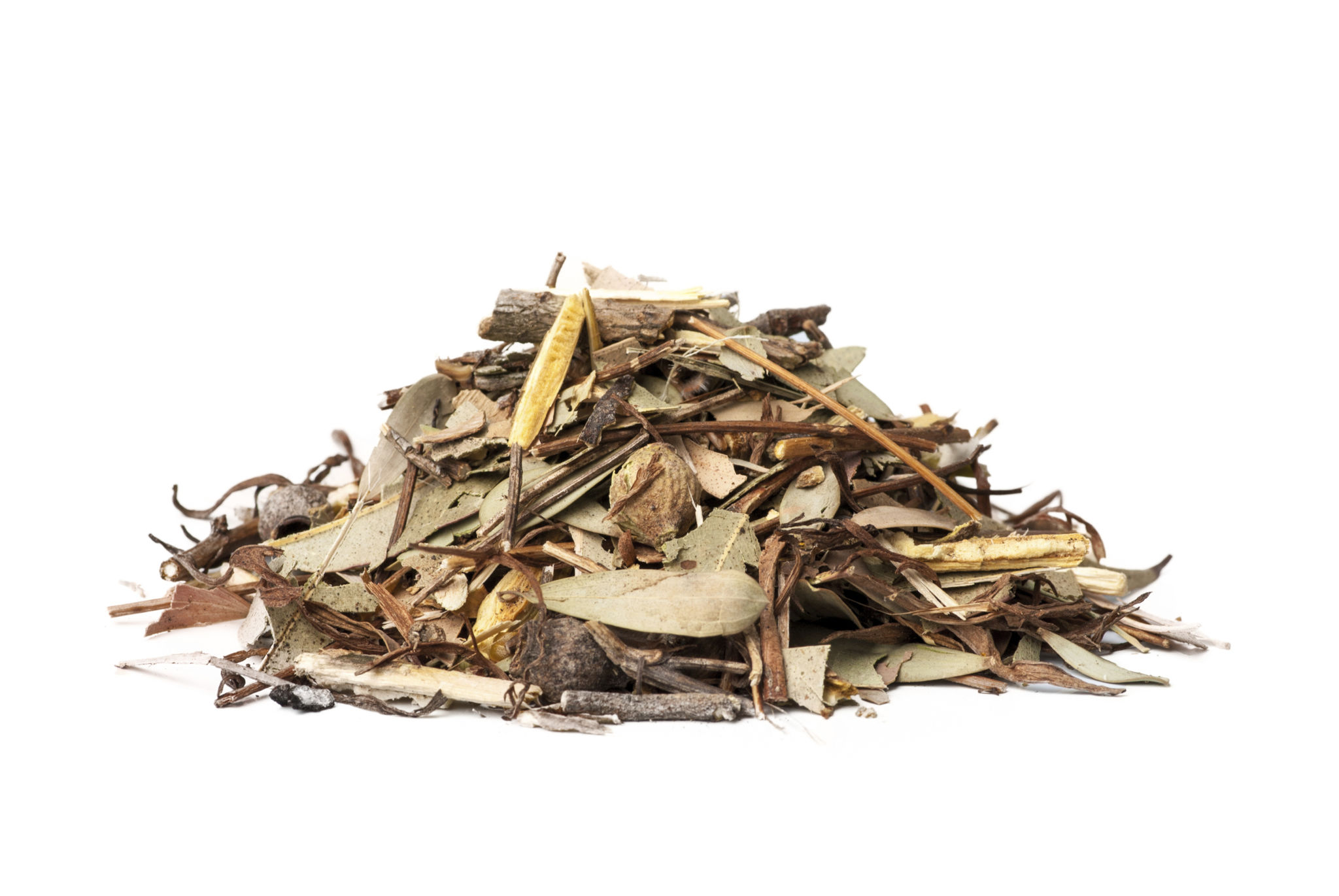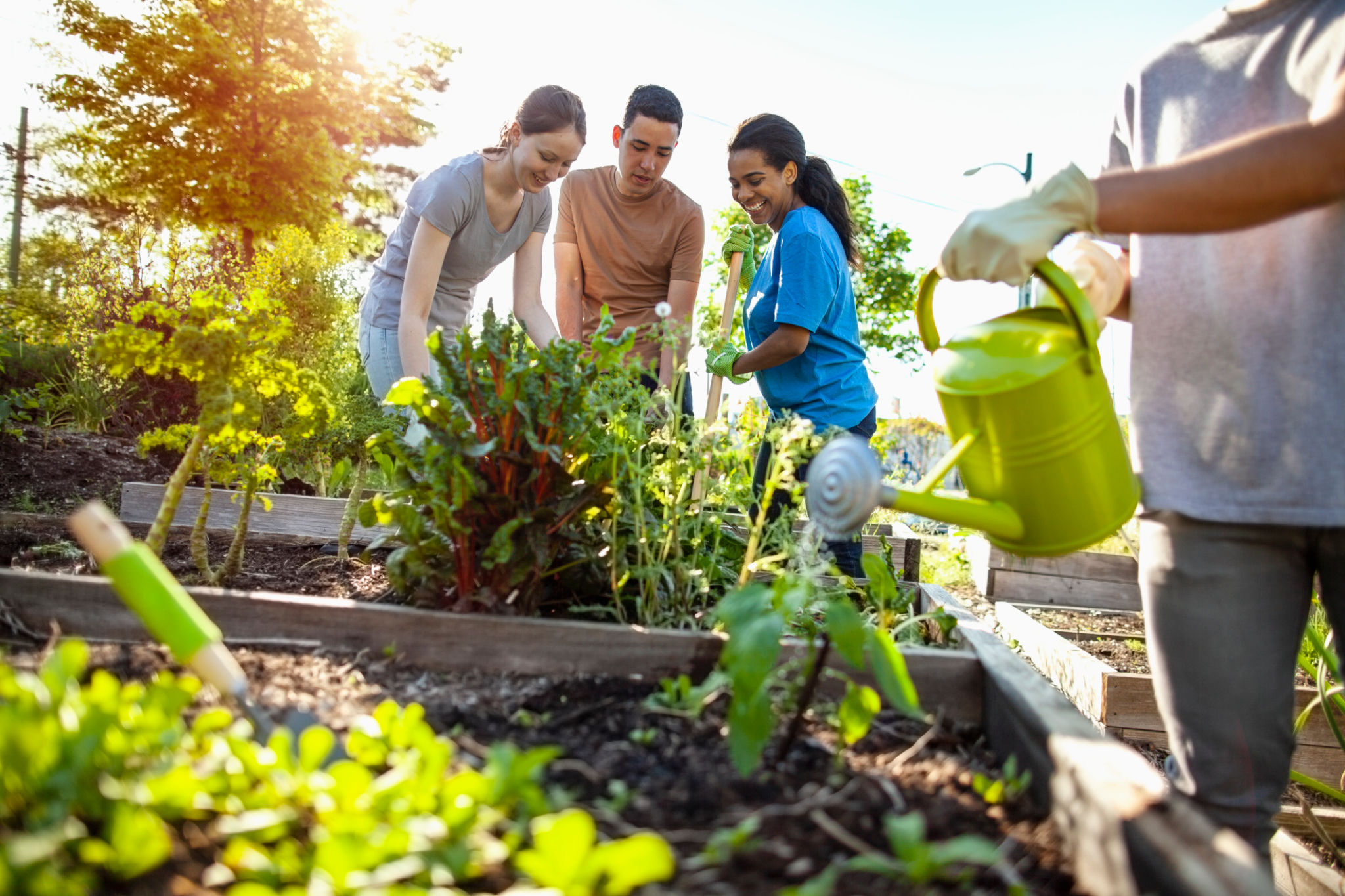Eco-Friendly Yard Waste Management Practices
Understanding Yard Waste
Yard waste is a common byproduct of maintaining a tidy and appealing outdoor space. It includes leaves, grass clippings, branches, and other organic debris from your garden or lawn. Proper management of this waste is crucial not only for maintaining a clean yard but also for ensuring environmental sustainability.
Successfully managing yard waste starts with understanding its composition and potential impact. When improperly disposed of, yard waste can contribute to landfill overflow and release methane, a potent greenhouse gas. By implementing eco-friendly practices, you can significantly reduce your environmental footprint.

Composting: Nature’s Recycling System
Composting is one of the most effective ways to manage yard waste sustainably. By turning organic matter into nutrient-rich soil, composting not only reduces waste but also enhances garden productivity. You can compost leaves, grass clippings, and even some kitchen scraps to create a natural fertilizer.
To start composting, designate a spot in your yard for a compost pile or bin. Layer different types of organic material to balance nitrogen and carbon levels, and turn the pile regularly to accelerate decomposition. It's an eco-friendly practice that benefits both your garden and the planet.

Grasscycling for a Greener Lawn
Grasscycling is the practice of leaving grass clippings on the lawn after mowing. These clippings decompose quickly, returning valuable nutrients like nitrogen back to the soil. This method reduces the need for synthetic fertilizers and minimizes yard waste.
To effectively grasscycle, ensure your lawn mower is set to a suitable height and the blades are sharp. Mow when the grass is dry to prevent clumping. Grasscycling not only promotes a healthier lawn but also saves time and effort in bagging clippings.
Mulching: A Protective Layer
Mulching involves spreading organic materials like wood chips or shredded leaves over soil surfaces. It helps retain moisture, suppress weeds, and improve soil quality. Mulching also provides an excellent way to recycle yard waste, such as fallen leaves and small branches.

When applying mulch, aim for a thickness of 2-3 inches, avoiding direct contact with plant stems. This practice not only improves garden aesthetics but also supports sustainable yard management by utilizing natural materials efficiently.
Community Yard Waste Programs
Participating in community yard waste programs can further enhance eco-friendly practices. Many municipalities offer curbside collection services or designated drop-off sites for yard waste. These programs often turn collected materials into mulch or compost, reducing landfill contributions.
Check with your local government or waste management facilities for information on available services and guidelines. By engaging in community initiatives, you contribute to larger-scale environmental efforts while managing your yard waste responsibly.

Conclusion: A Greener Future
Adopting eco-friendly yard waste management practices is essential for promoting sustainability and reducing environmental impact. From composting and grasscycling to mulching and participating in community programs, there are numerous ways to manage yard waste effectively.
By making small changes in how you handle yard debris, you can create a positive ripple effect on the environment. Embrace these eco-friendly practices and enjoy a thriving garden while contributing to a healthier planet for future generations.